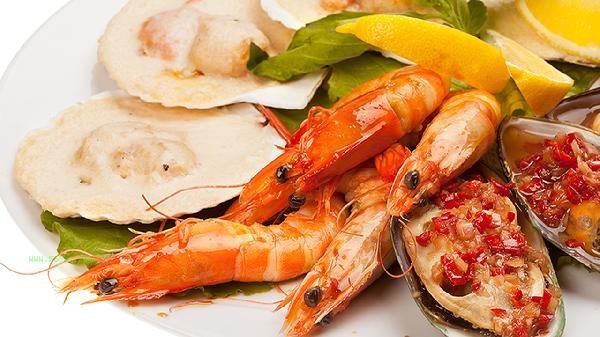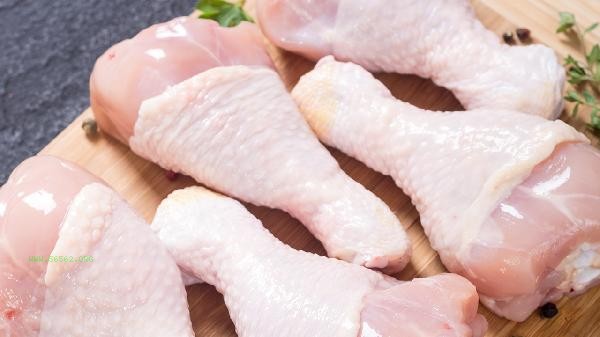Promoting rapid muscle growth can be achieved through moderate intake of high protein foods, reasonable supplementation of carbohydrates and healthy fats, mainly including chicken breast, eggs, whey protein, salmon, nuts and other foods. Muscle growth requires a combination of adequate nutrition and scientific training, avoiding excessive intake or a single diet.

1. Chicken breast
Chicken breast is a typical source of high-quality protein, with about 30 grams of protein per 100 grams and low fat content. It is rich in branched chain amino acids, especially leucine, which can directly activate muscle synthesis signals. It is recommended to use boiling or baking methods for cooking to avoid frying and damaging nutrients. Eating vegetables in combination can increase dietary fiber intake and aid digestion and absorption.
2. Eggs
Whole eggs provide complete protein and essential amino acids, while egg yolks contain vitamin D and choline, which help with muscle repair. Research has shown that consuming eggs after training can increase muscle protein synthesis rate. It is appropriate to consume 2-3 whole eggs per day, and individuals with normal cholesterol levels do not need to deliberately remove the yolk. It can be made into boiled eggs or vegetable Chicken rolls to increase dietary diversity.
3. Whey Protein
Whey protein powder has high bioavailability and can quickly replenish amino acids lost after training. It is rich in cysteine, which can increase glutathione levels and reduce oxidative stress damage. It is recommended to choose isolated whey protein without added sugar and mix it with bananas within 30 minutes after training to promote synchronous recovery of glycogen and protein.

4. Salmon
Salmon provides high-quality protein and Omega-3 fatty acids, while EPA and DHA can reduce inflammation after training. Eating 2-3 times a week can improve muscle cell membrane fluidity and enhance fitness for strength training. Choosing wild salmon is superior to farmed varieties, and consuming it with quinoa can form a complete protein combination and enhance amino acid utilization.
5. Nuts
Almonds, walnuts and other nuts contain healthy fats and plant proteins, and magnesium is involved in muscle contraction regulation. A daily intake of around 30 grams can provide sustained energy and is suitable for consumption as an extra meal. It is recommended to choose original salt free varieties and pair them with Greek yogurt to balance the fatty acid composition. Chewing nuts thoroughly is more conducive to nutrient absorption and avoids digestive burden caused by swallowing whole grains.

Muscle growth requires systematic nutrition planning, and it is recommended to allocate daily protein intake of 1.6-2.2 grams per kilogram of body weight to each meal. Compound carbohydrates such as oats and sweet potatoes should account for 40% -50% of daily calories, and should be replenished in a timely manner before and after training. Perform resistance training 3-5 times a week, with key movements including squats, hard pulls, and other compound exercises. Ensure 7-9 hours of sleep to promote growth hormone secretion and avoid alcohol and staying up late affecting recovery. Regularly adjust training plans and dietary structure, and pay attention to changes in body fat percentage while muscle circumference increases.








Comments (0)
Leave a Comment
No comments yet
Be the first to share your thoughts!